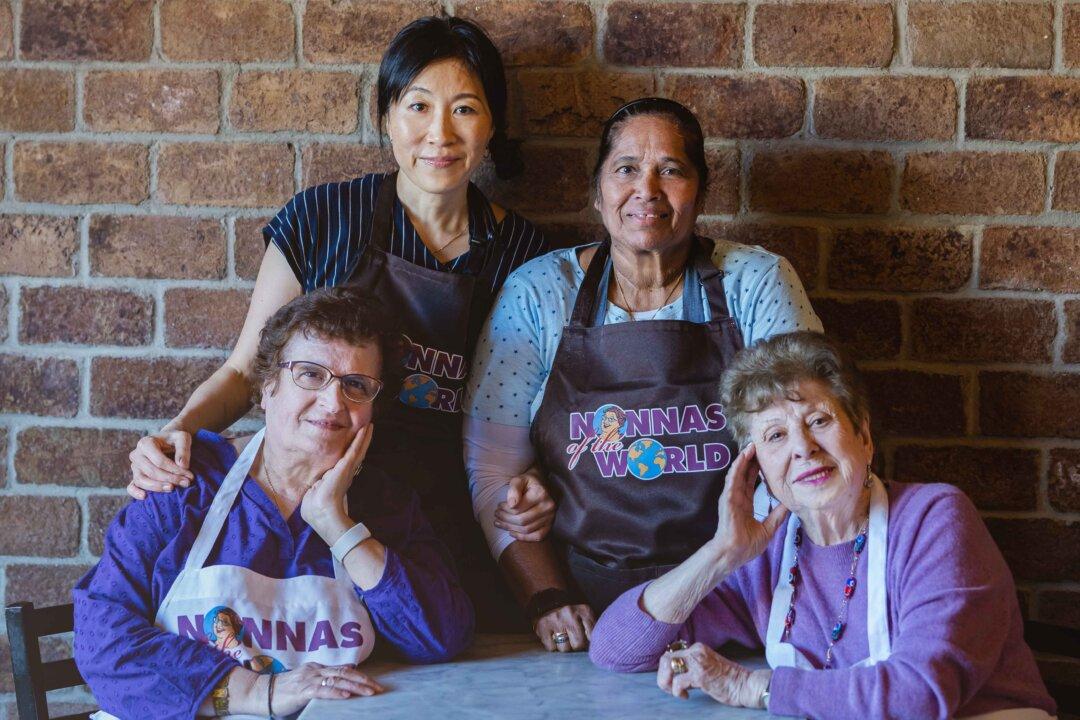At Enoteca Maria, grandmas rule the kitchen.
Hailing from all over the globe—Argentina, Sri Lanka, Egypt, Taiwan—they come to cook at this tiny restaurant on Staten Island, New York—a stone’s throw away from the Statue of Liberty and Ellis Island.


At Enoteca Maria, grandmas rule the kitchen.
Hailing from all over the globe—Argentina, Sri Lanka, Egypt, Taiwan—they come to cook at this tiny restaurant on Staten Island, New York—a stone’s throw away from the Statue of Liberty and Ellis Island.